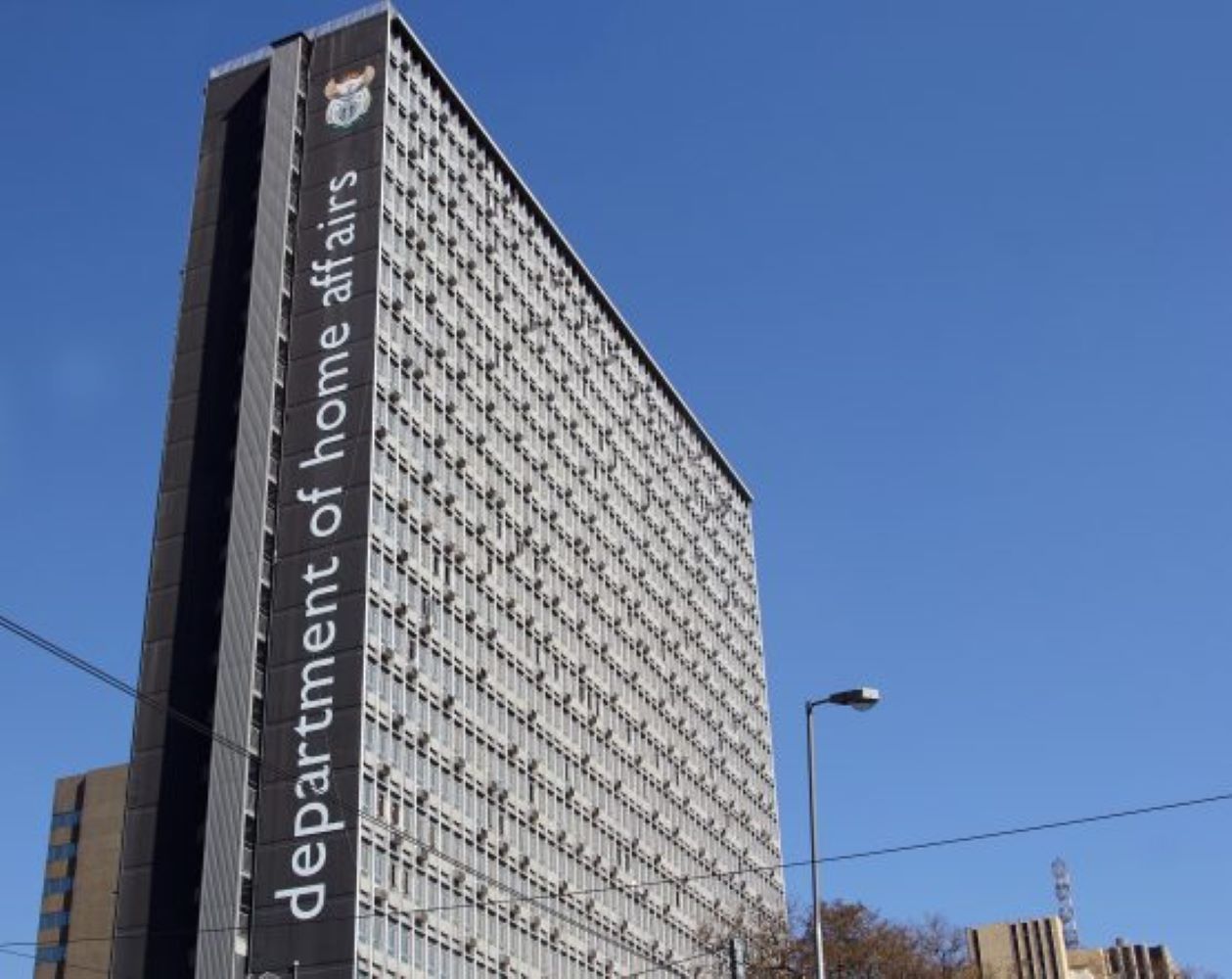Insolvency practitioners say it is in contempt of court for failing to publish legal notices timeously.
Insolvency practitioners approached the Pretoria High Court this week seeking an urgent contempt of court application against the officials deemed responsible for delays in publishing legal notices in the Government Gazette.
The application was brought by the South African Restructuring and Insolvency Practitioners Association (Saripa), which represents about 750 insolvency and business rescue practitioners, lawyers, accountants and other professionals.
The Government Printing Works (GPW) fell into disarray in 2021, resulting in legal gazettes not being published on Fridays as they are required to do. This delay has a knock-on effect on the winding up of estates, slowing the distribution of funds to creditors, employees, heirs, beneficiaries and the South African Revenue Service.
Insolvency practitioners have complained for years about the chaos at the Government Printing Works, with legal notices being gazetted after the first meeting of creditors, effectively rendering their publication irrelevant.
In many instances, advertisements are required to be published in the Government Gazette and one or two other newspapers. When notices do not appear in the Government Gazette, the advertisements must be republished in the newspapers at a cost of between R200 and R5 000 a time.
ALSO READ: 2-hour lunch breaks at Master’s Office: Justice department to conduct random spot checks
Suspended jail time sought
The respondents cited in the application are the CEO of the Government Printing Works, which publishes the Legal Gazette, and the minister and director-general of Home Affairs.
Saripa is asking the court to hold the respondents in contempt of court for failing to publish legal notices every Friday “without interruption or delay”, as required in terms of a 2021 order by the same court.
Saripa is asking for jail time for the three respondents, with or without the option of a fine, but to be suspended on condition that the terms of the 2021 court order – requiring that the legal gazettes be published each Friday on time – are met within seven days.
ALSO READ: Justice department’s poor record-keeping delays protection orders for GBV victims – AG
Quotations going unanswered
In its previous court filings, the GPW blamed load shedding and Covid for the printing delays but presented no evidence to the court proving how Covid affected its workflow. It then moved to a manual system while attempting to rebuild the digital system that had crashed.
However, the manual system had its own problems, with numerous requests for printing quotations going unanswered, according to the 2021 judgment issued by Judge Mokhine Mosopa in the Pretoria High Court.
Notices cannot be published in the Legal Gazette without a quotation first being issued by the GPW.
The 2021 court order also required the GPW to attend promptly to requests for quotations so as not to delay publication of legal notices in the gazettes.
Even where quotations had been received from the GPW and paid for by insolvency practitioners, notices often do not appear in the legal gazettes.
ALSO READ: Government departments fight over ‘white elephant’ court building
More problems
Other problems cited by Sapira are GPW’s lack of response to emails or no response at all, the online system for quotations often not working, and quotation numbers not being provided to allow for online payments for advertisements.
Sapira says the printing delays have a profound effect on the proper functioning of the economy, impacting a range of legal notices, such as:
- Deceased estates, and notices to creditors, liquidation and distribution accounts;
- Insolvency and Company Acts notices, as well as the appointment of trustees and liquidators, and proof of claims in sequestrated accounts;
- Meetings of creditors in sequestrated estates or companies being wound up;
- Payment of dividends and collection of contributions in sequestrated estates and companies being wound up;
- Applications for rehabilitation; and
- Notices of surrender of a debtor’s estate.
This article was republished from Moneyweb. Read the original here.
